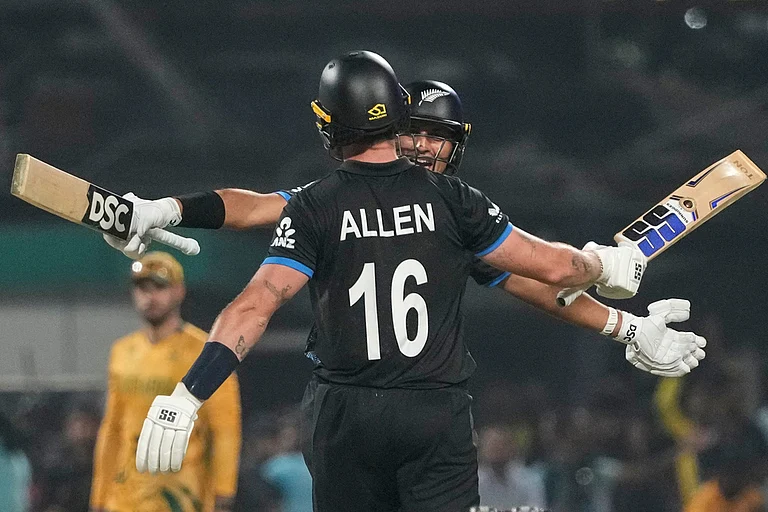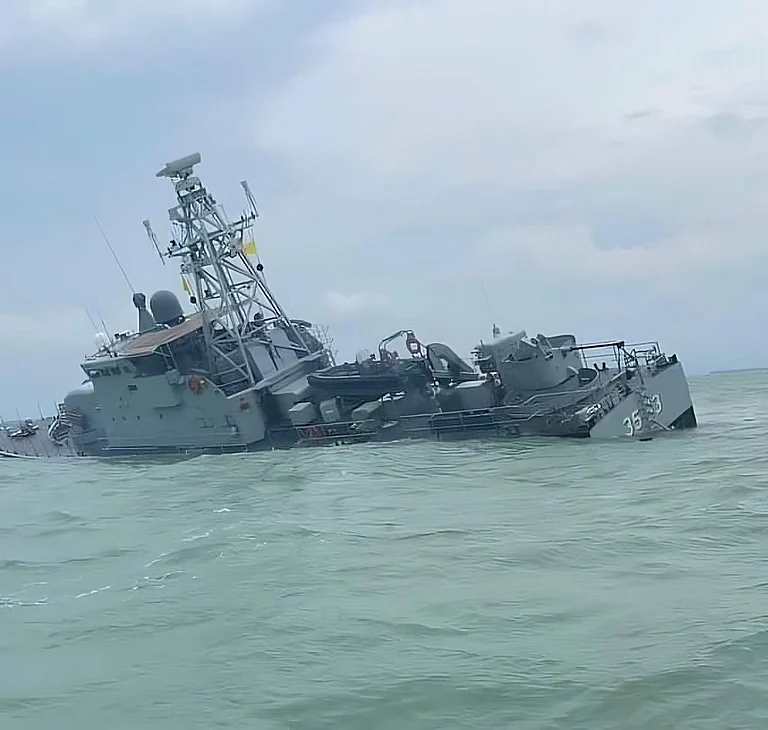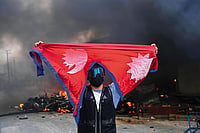India’s second Prime Minister Lal Bahadur Shastri, who won the hearts of millions by his leadership during the 1965 India-Pakistan War, was fondly remembered by his son, Anil Shastri, on his birth anniversary which he shares with Mahatma Gandhi, on October 2. On the occasion, Anil recalls the late PM cutting his last birthday cake in 1965 that was shaped like a Patton tank used by Pakistani forces against India. The celebrations that year were in full swing because his father was hailed as a hero for successfully leading India in the Indo-Pak war.
“Thousands of people from different walks of life had gathered at 10 Janpath, then the prime minister's official residence, to greet my father. At the time, a Congress leader had brought a cake that resembled a Patton tank and urged my father to cut it. My mother Lalita Shastri expressed her unwillingness to the idea saying, ‘Hamare yahan cake kaatna sahta nahi hai (cutting a cake is considered inauspicious in our family)’. But the visitors insisted saying it was not just a cake but a Patton tank. And eventually, the cake was cut,” said Anil, a Congress leader and former Union minister. Shastri’s slogan "Jai Jawan, Jai Kisan" ("Hail to the soldier; Hail to the farmer") became very popular during the war.
Anil remembered other anecdotes involving his illustrious father. There was one when he got scolded for using the official car, a Chevrolet Impala. “He got angry, took the logbook from the driver, and told him to take money from my mother for the distance covered.”
Shastri resigned as the railways minister following a rail accident in 1956, out of moral responsibility. Anil, who was seven years old at the time, remembers wondering aloud to his father about resigning, despite not being the loco-pilot. “Bete, I am the driver of my ministry,” is what he told Anil.
At another time, when India was battling a food crisis after the US refused to send wheat, Shastri had first appealed to his children before making a public announcement to go on a strict fast. “He checked whether we, the children in the family, could observe fast. Only after he was convinced that children in the family could do so, he appealed to the people of the country to go without food for some time. This was the reason Shastriji's credibility was so high. People had faith in him as there was no difference in his words and actions,” remembered Anil. “I describe him as an honest, sincere, committed, dedicated and a fine gentleman, a brave person and a decisive man,” he added.
Shastri was born on October 2, 1904, in Mughalsarai, Uttar Pradesh. A day after the Indo-Pak war was brought to a formal end with the signing of the Tashkent Agreement, Shastri died from cardiac arrest, but his family did not accept the reason.





















